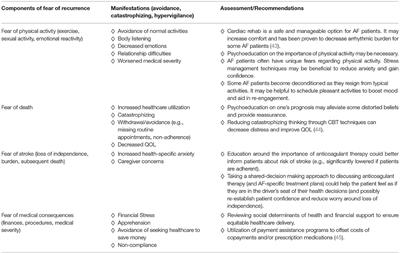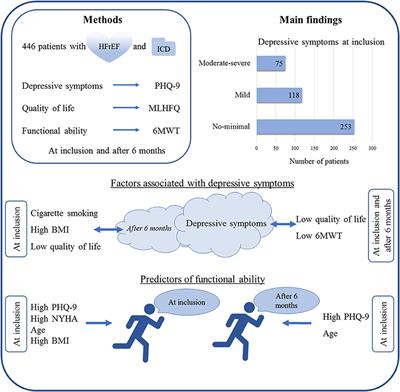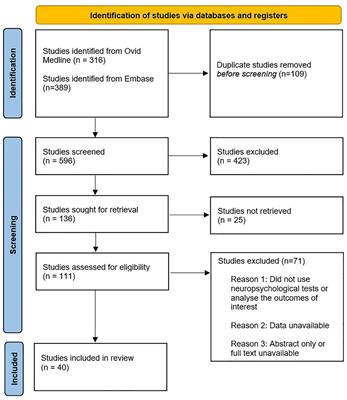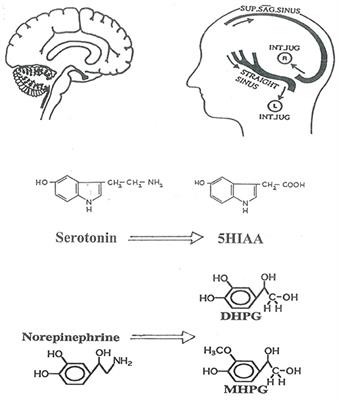EDITORIAL
Published on 16 Aug 2022
Editorial: Psychocardiology then and now – the genesis of a discipline
doi 10.3389/fpsyt.2022.988393
- 2,885 views
- 1 citation
30k
Total downloads
107k
Total views and downloads
EDITORIAL
Published on 16 Aug 2022
REVIEW
Published on 04 Jul 2022

ORIGINAL RESEARCH
Published on 17 Jun 2022

REVIEW
Published on 15 Jun 2022

MINI REVIEW
Published on 03 Jun 2022
REVIEW
Published on 02 Jun 2022

BRIEF RESEARCH REPORT
Published on 14 Apr 2022

CLINICAL TRIAL
Published on 14 Apr 2022

BRIEF RESEARCH REPORT
Published on 04 Apr 2022

REVIEW
Published on 04 Apr 2022

ORIGINAL RESEARCH
Published on 31 Mar 2022

ORIGINAL RESEARCH
Published on 17 Mar 2022
